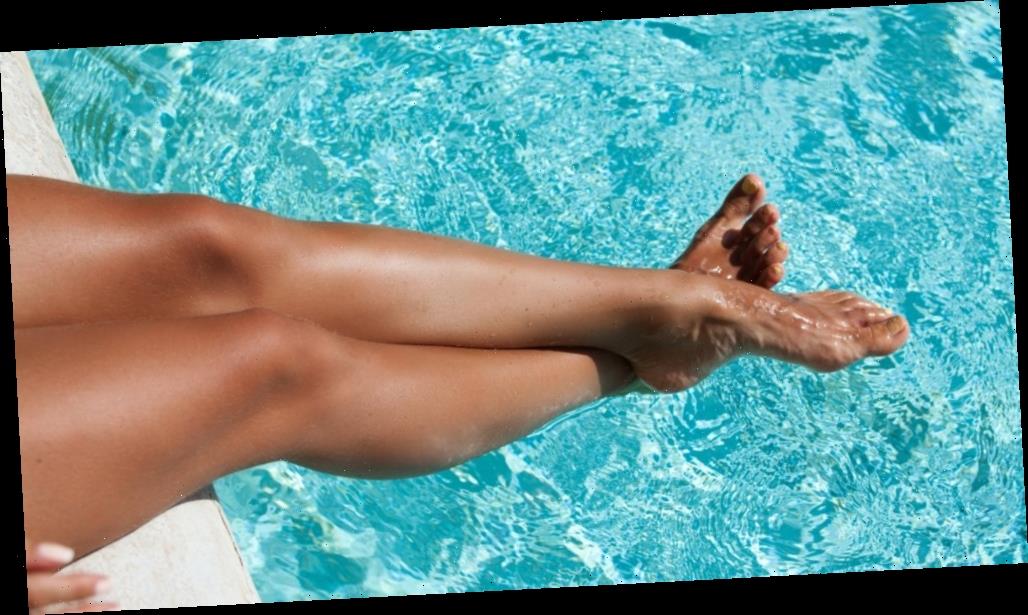
It’s hot. And muggy. We’re at the height of summer, and most of us are dreaming of hanging out — and cooling off — at the pool. But thanks to the coronavirus outbreak, you also may be a little nervous about just how safe it is to jump into public waters. Aside from the risk posed by crowds, can the water actually transmit the virus? It’s a fair concern, especially given that scientists are still unsure of exactly how the coronavirus spreads. And while the odds of catching COVID-19 are greatly diminished when you’re outdoors, there is always a small risk.
Fortunately, it’s still possible to protect yourself from catching anything while you’re visiting your favorite swimming hole. Here’s what you need to know.
There's no proof coronavirus can survive in a swimming pool

First, the good news: Scientists say the the chemicals that keep pool water mostly germ-free also are effective against the coronavirus. “The coronavirus doesn’t survive in chlorinated water,” infectious disease expert Amesh A. Adalja, MD, senior scholar at the Johns Hopkins Center for Health Security, told Health. In fact, the CDC itself has said that there is currently no proof that the coronavirus can spread in water, be it in an ocean or lake, or in pools, water playgrounds, and hot tubs.
But that doesn’t mean your pool or beach visit is risk-free. “While the water is generally quite safe, the people and surfaces around a pool could all harbor the coronavirus,” California-based family physician David Cutler, says (via Health). In late May, The New York Times reported that health officials in Missouri were trying to contact people who were at a pool party at the Lake of the Ozarks over Memorial Day weekend because one of the attendees had tested positive for the coronavirus. According to medical officers in St. Louis County, partygoers didn’t make an effort to practice social distancing rules, which are necessary to control the spread of the virus.
You still need to follow CDC guidelines at the pool
In order to stay safer by the pool, it’s important to stick to the same rules you follow when you’re going about your daily routine. The CDC says to continue practicing social distancing by keeping six feet away from others, including when visiting pools, water playgrounds, and hot tubs. If social distancing isn’t possible, then your best bet is to stay home. The CDC also recommends wearing a cloth face mask when you’re not in the water and to wash your hands the recommended way (20 seconds or the duration of the Happy Birthday song) when you arrive and before you leave the swimming area — and especially before eating and drinking.
And if you’re still feeling unsure and don’t want to take the risk of visiting a public pool, there’s always the option of getting an inflatable pool for your backyard!
Source: Read Full Article

